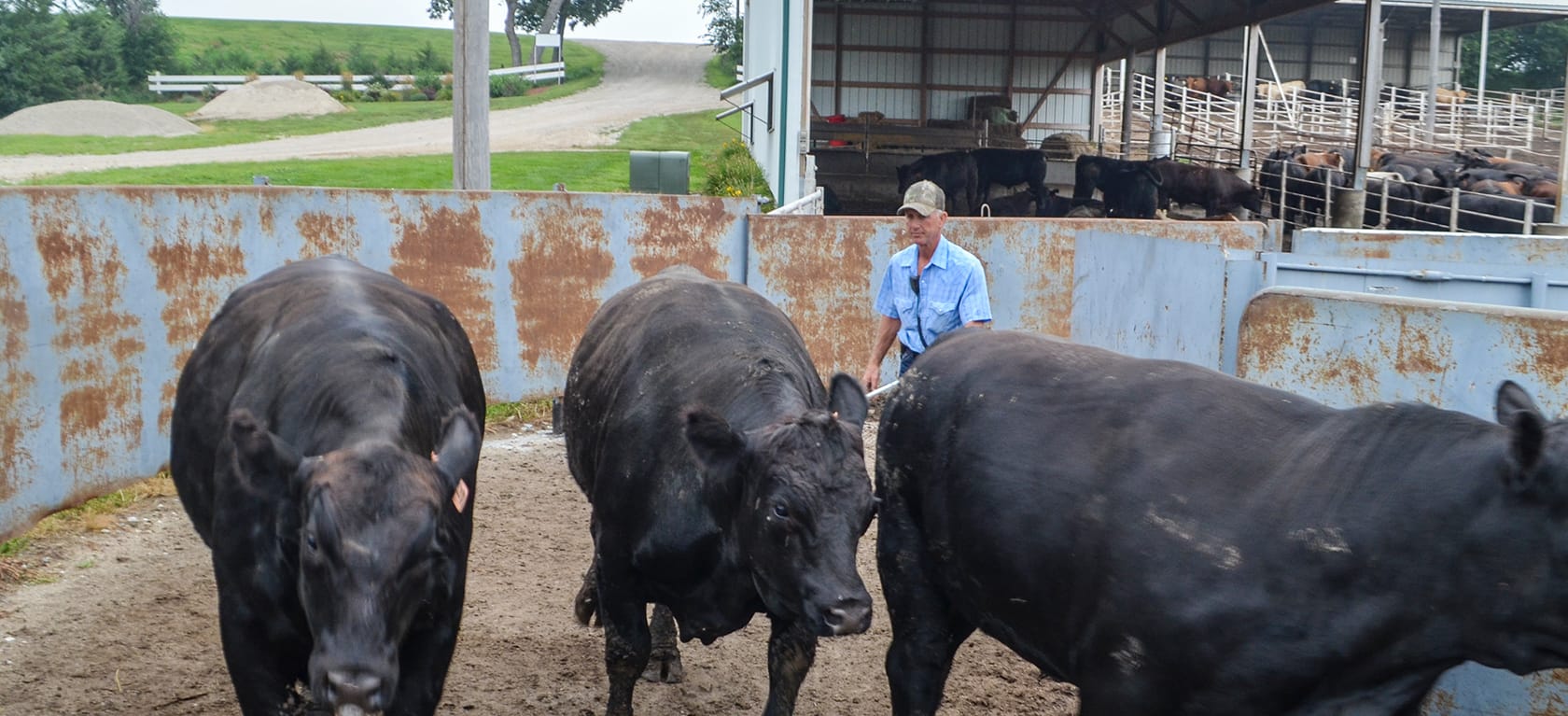Antibiotic Stewardship: Collaborative Strategy for Animal Agriculture and Human Health was the theme for the 7th Antibiotic Symposium presented by the National Institute for Animal Agriculture (NIAA) and funded in part by the Beef Checkoff. Held October 31-November 2, 2017, at the Hyatt Regency Dulles in Herndon, Virginia, this symposium brought together all sectors of the animal food production industry and partners in human medicine and public health.

Dr. Lonnie King, Professor and Dean Emeritus, College of Veterinary Medicine, The Ohio State University, presented the closing remarks at the two and a half-day symposium. His topic, What MUST Be Done Next: Prioritizing Immediate Actions, sought to transform the conclusions of the previous presenters, panel discussions, and the deliberations of the participants into action.
“We need different voices to produce consensus and cause action,” said Dr. King. Stewardship took first priority.
It doesn’t cost a lot to make good decisions and yet does a lot to move the dial on the reduction of unnecessary use of antibiotics.
Dr. Lonnie King
He cited thoughtful decisions that are made by health care providers and producers about the use of antibiotics. Approximately 270 million prescriptions are written every year in human health, just for outpatients. At least 30% may be unnecessary, according to the Journal of the American Medical Association (JAMA) by the Centers for Disease Control and Prevention (CDC), in collaboration with Pew Charitable Trusts and other public health and medical experts. Stewardship, in human health, is an effort to counter this unnecessary use of antibiotics being prescribed by clinicians and other healthcare professionals.
In animal ag, too, stewardship is of growing importance to help ensure that antibiotics are used appropriately, judiciously, and to optimize health outcomes while reducing any negative consequences.
“Antibiotic resistance is a crisis in human health, and it could be a crisis in animal health if we don’t get on top of it,” says Dr. King. “After six years of discussion, we can see clearly that while improvements have been made, globally, we are probably further behind than we were in 2011.”
In the U.S., the recent adoption of FDA guidances and changes to the Veterinary Feed Directive to eliminate the use of medically important antibiotics to promote growth in food animals has been a game changer for production animal agriculture. However, King says that unless we can get better baseline measurements of where we started to compare with what comes next, we can’t tell how productive it will be, or the potential costs and health impact of these changes.
Another part of the equation, according to Dr. King, is awareness and education. “The public and our producers both need an improved awareness of antibiotic resistance. It is a very complicated issue and we need to make it more personal, better understood, and tackled with a greater sense of urgency. While more studies and research are needed, we already know enough to act aggressively and decisively to effectively address antibiotic resistance,” said Dr. King.
For more information on the NIAA, visit www.animalagriculture.org.

